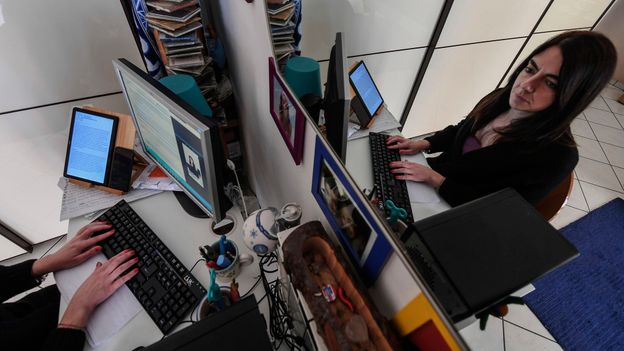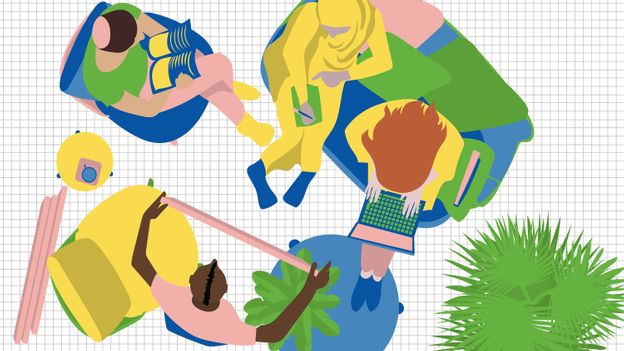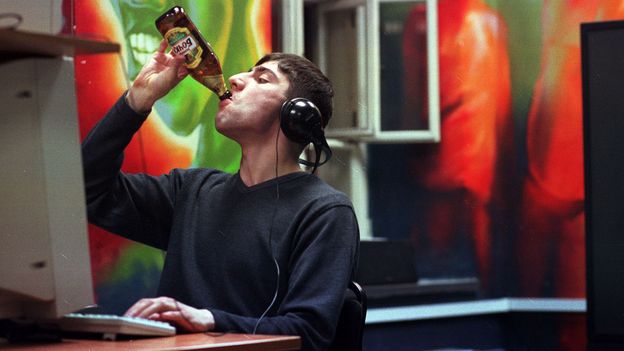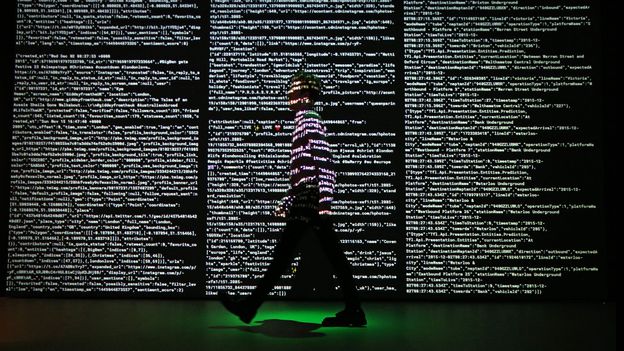Changing personalities
While some of us might be better adapted to the new remote ways of working than others – confident, articulate and decisive introverts might particularly have a chance to shine – there’s a rather unnerving flip side. All of those hours spent jostling for influence in virtual meetings might even be changing us – and not necessarily for the better.
Although research around this isn’t deep, there some initial findings suggest that adapting to this intense period of virtual collaboration might be altering our personalities. Earlier this year, William Swart and Judy Siguaw at East Carolina University studied the experiences of 58 business students engaged in five weeks of intense virtual teamwork. Comparing the students’ personality trait scores before and after the period of virtual working, Swart and Siguaw found that, on average, the students came out scoring lower on one of the main personality trait known as ‘agreeableness’ – essentially, how warm and friendly and trusting of others you are.
The researchers speculated this might have been a consequence of the students becoming more practised at getting their own views across in virtual meetings – it is, of course, difficult to have natural turn-taking in video conversations, and it’s much easier to be left out of the conversation altogether. The students also grew more extroverted and open-minded, which Swart and Siguaw explained as “the students learning to be more vocal and to verbally express themselves so that the team can reach its overarching objectives”.
Perhaps most intriguing, though, was that the pair observed a kind of convergence effect, so that people with more extreme personality scores (such as low agreeableness or strong extroversion) came out of the experience nearer the average.
Swart says, “The way that I see that is that everybody’s in this boat together, and if they don’t compromise and work together and so on, then they [realise] they are not going to meet their goal – with dire consequences.” He’s continuing to collect personality data, so in the near future he will be able to look for changes specifically brought on during the period of lockdown.









